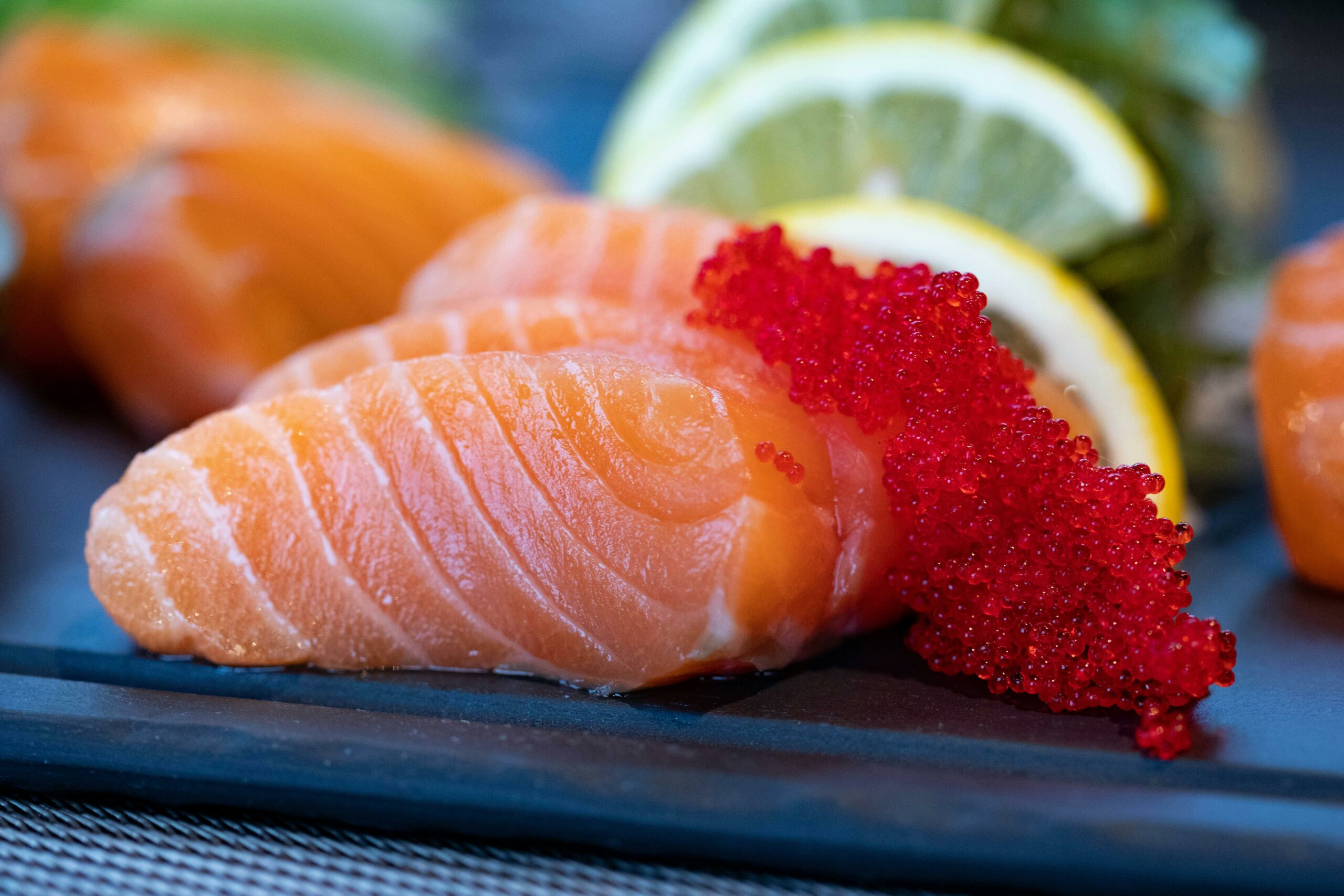Living with an inflammatory bowel disease (IBD) can be challenging, but it doesn’t have to define your life. While the journey may have its ups and downs, there’s hope in knowing that small adjustments in your diet and lifestyle can make a significant difference in managing your symptoms and improving your quality of life. Whether you’re grappling with Crohn’s disease or ulcerative colitis, understanding how to nourish your body in a way that supports digestive health can empower you to take control of your condition and thrive. Let’s explore the transformative power of nutrition for individuals with IBD along with a few delicious recipes to help you navigate the complexities of living with this chronic condition with confidence and resilience.
Two Common IBDs: Crohn’s Disease and Ulcerative Colitis
IBD refers to a group of chronic inflammatory conditions that affect the digestive tract, including Crohn’s disease and ulcerative colitis. Unlike IBS, IBD involves inflammation and tissue damage in the gastrointestinal tract, which can be seen on imaging studies and confirmed through endoscopic evaluation and biopsy. Crohn’s disease can affect any part of the digestive tract, from the mouth to the anus, and is characterized by inflammation that can extend through the entire thickness of the intestinal wall, leading to complications such as strictures, fistulas, and abscesses. Ulcerative colitis primarily affects the colon and rectum, causing inflammation and ulcers in the lining of the colon. (For more defining differences between IBS and IBDs, click this link) The exact cause of IBD is not fully understood but is believed to involve a complex interaction of genetic, environmental, immune, and microbial factors.
Dietary Recommendations for IBDs
Functional medicine practitioners take a holistic approach to treating chronic conditions like Crohn’s disease and ulcerative colitis. While recommendations can vary based on individual circumstances and the practitioner’s specific approach, here are some general dietary principles that I, as a functional medicine nutritional therapist recommend:
- Anti-inflammatory diet: Studies show that there are foods that help reduce intestinal inflammation and permeability. This typically involves consuming plenty of fruits, vegetables, whole grains, healthy fats (such as those found in nuts, seeds, and fatty fish), and lean proteins. Anti-inflammatory herbs and spices like turmeric, ginger, and garlic may also be recommended. Anti-inflammatory foods include:
- berries
- fatty fish
- broccoli
- avocados
- green tea
- peppers
- mushrooms
- grapes
- turmeric
- extra virgin olive oil
- dark chocolate and cocoa
- tomatoes
- cherries
- Elimination diet: A functional medicine practitioner might suggest an elimination diet to identify specific food triggers that exacerbate symptoms. This involves removing potential trigger foods from the diet for a period of time and then systematically reintroducing them to see if they provoke a reaction. Common trigger foods for individuals with Crohn’s disease or ulcerative colitis may include gluten, dairy, soy, eggs, corn, and nightshade vegetables.
- Gut healing protocols: Functional medicine often focuses on optimizing gut health, as the gut plays a central role in immune function and inflammation. Gut-healing protocols may include consuming foods rich in gut-nourishing nutrients like prebiotic fibers (found in onions, garlic, leeks, and asparagus) and probiotic-rich foods (such as yogurt, kefir, sauerkraut, and kimchi). Additionally, certain supplements like L-glutamine, zinc, and omega-3 fatty acids may be recommended to support gut healing.
While lifestyle and nutrition changes can seem daunting, I can help you tailor those changes to your lifestyle and make the pathway a little smoother with guidance. Here are 2 anti-inflammatory, simple recipes to show you that you can still enjoy food even with the changes your body is requiring.
2 easy and delicious anti-inflammatory recipes:
1-Pan Salmon
- 1 red onion, cut in 1 inch chunks
- 2 medium zucchini, cut in half moons
- 2 sweet red peppers, cut in 1 inch pieces
- 1 can chickpeas, drained and rinsed
- 2 tablespoons extra virgin olive oil
- 1 teaspoon Harissa or to taste
- 4 wild-caught salmon fillets, skinless and boneless
- lemon
INSTRUCTIONS
- Preheat the oven to 400°F (200°C or 180°C for fan ovens).
- Arrange the onion, zucchini, red peppers and chickpeas on a baking sheet/sheet pan.
- Mix the oil and the Harissa together.
- Toss three quarters of the oil and spice mixture with the vegetables.
- Spread the vegetables evenly on the baking sheet and place in the oven for 20 minutes.
- Remove the pan from the oven and toss the vegetables again with a spatula.
- Nestle the salmon fillets or side of salmon amongst the vegetables.
- Brush the salmon with the remaining oil and spice mixture.
- Bake for 10 minutes for salmon fillets or until the salmon is cooked through and flakes easily with a fork.
- Optional to squeeze lemon on the top before enjoying!
Chocolate Avocado Pudding
- 2 ripe avocados, pits removed
- 4 tablespoons cocoa powder, unsweetened
- 1/2 cup non-dairy milk, unsweetened (ie: hemp or almond milk)
- 4 tablespoons pure maple syrup
- 1 teaspoon vanilla extract
INSTRUCTIONS
- Combine all ingredients in a blender or a food processor and blend until smooth, scraping down the sides in between. Add more milk if needed to help blend.
- Taste test it to see if you prefer more chocolate flavor.
- Transfer to an airtight container for storing. Refrigerate for up to 4 days. Serve chilled with coconut whipped cream.






